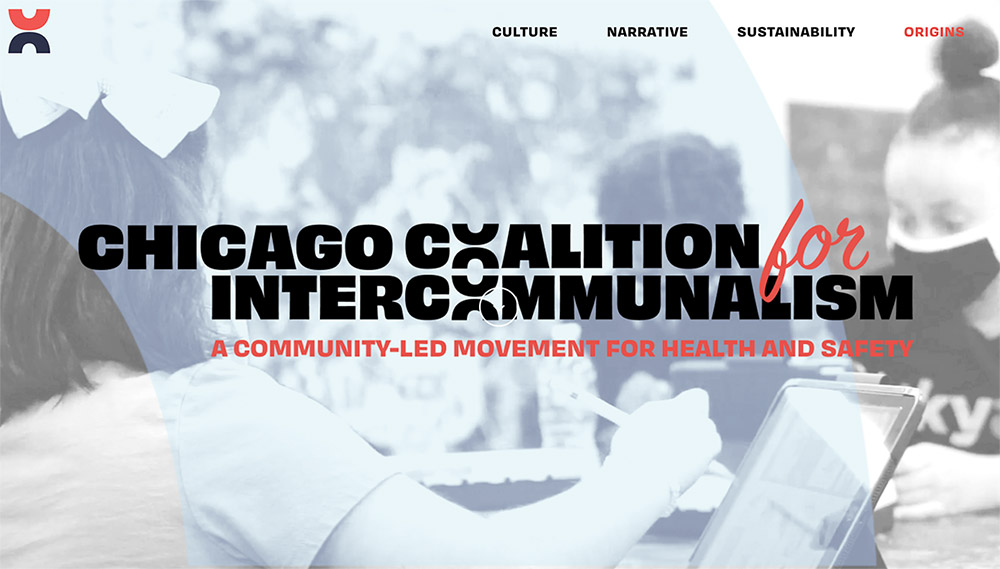From construction to healthcare to hospitality, the U.S. is grappling with a labor shortage, with 8.2 million job openings and only 7.2 million unemployed workers, according to the U.S. Chamber of Commerce.
The post-pandemic labor landscape has seen a decline in participation in the workforce, prompting many to re-evaluate their career choices and forcing employers to seek out unconventional sources to fill positions across various sectors.
Thinking Outside the Box
Justice-impacted individuals—those who have been previously incarcerated—represent a significant and often-overlooked group. This population possesses diverse skills that can be valuable in many industries. While many of these individuals are eager to reintegrate into society and join the workforce, they face barriers such as limited access to job training and support services.
Several programs aim to facilitate the reintegration of justice-impacted individuals into the workforce. Initiatives like the Reentry Success Program (RSP) and JUMPSTART focus on providing job training, employment opportunities, and support services.
Justice-impacted individuals represent a significant and often-overlooked group with diverse skills.
The Reentry Success Program (RSP), funded by community solar developer Cultivate Power in Illinois, helps those transitioning from incarceration back into society. Participants are recruited through the Chicago Coalition for Intercommunalism, a network of more than 70 grassroots organizations across the city. The program partners with local employers and offers mentoring, counseling, and resources like housing and transportation assistance.
Another program, JUMPSTART, equips justice-impacted individuals with the skills they need to secure employment and reintegrate into their communities. It provides workshops on financial literacy, conflict resolution, and connects participants with employers willing to hire people with criminal records.
8.2M
Tapping into Other Talent Pools
Retirees, many motivated by financial need or the desire to stay active, are also re-entering the workforce. They often seek part-time or flexible positions that allow them to balance work with personal interests or caregiving responsibilities. Employers are increasingly offering remote work options, giving retirees greater control over their schedules and enabling companies to tap into their vast experience.
People with disabilities also provide significant value in fostering a diverse workforce. Organizations like the Job Accommodation Network (JAN) promote inclusive employment practices and offer resources to help employers create more accessible work environments. Embracing this diversity not only helps companies meet legal standards but also enhances workplace culture.
Employers are increasingly offering remote work options to retirees, enabling companies to tap into their vast experience.
On the Horizon
While industries have turned to nontraditional labor sources, relief may be on the horizon. Lauren Berry, Senior Manager of Location Analysis and Incentives with Maxis Advisors, notes that signs point to the labor shortage easing.
“From my current client projects, we've seen workforce shortages easing, and the market seems to be much less tight than in 2021 and 2022,” Berry shared with Area Development via email. “Some clients have retained strategies they implemented during the shortage—like automation, adjusted shift schedules, and creative recruiting—but the urgency has decreased.”
While the labor shortage may be subsiding, the expansion of labor recruitment into nontraditional areas might contract. However, by exploring untapped talent pools and fostering inclusive practices, companies can create a more resilient workforce. In the evolving labor market, ongoing adaptation will be key to sustainable growth and success.



